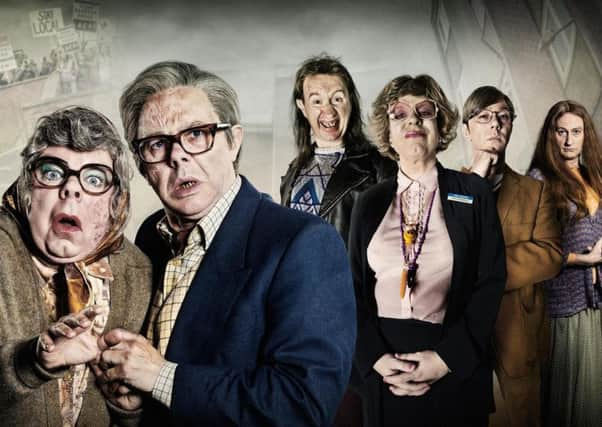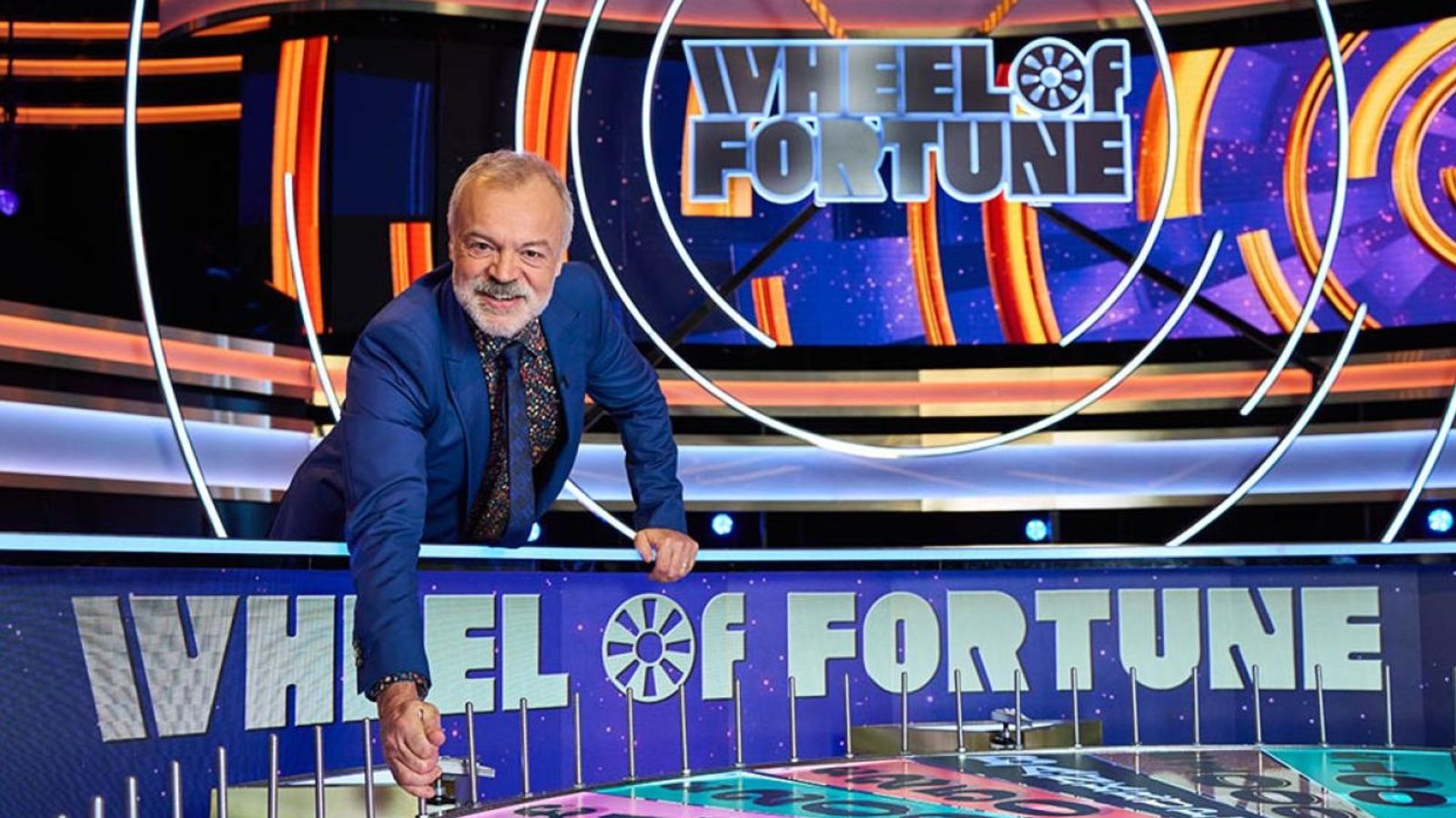wherearewegoing.net – The League of Gentlemen is a surreal British comedy horror sitcom that premiered on BBC Two in 1999. Created by Mark Gatiss, Steve Pemberton, Reece Shearsmith, and Jeremy Dyson, the show is set in the fictional town of Royston Vasey, a grim and isolated community in northern England. The series is known for its dark humor, bizarre characters, and its ability to blend comedy with horror elements.
The Setting and Characters
Royston Vasey, originally based on Alston in Cumbria, is a town where dark and perverted things happen behind closed doors. The show’s ensemble cast, primarily played by Gatiss, Pemberton, and Shearsmith, includes a variety of eccentric characters such as the hygiene-obsessed Denton family, the mysterious circus owner Papa Lazarou, and the depraved duo Edward and Tubbs, who run the Local Shop for Local People.
The Show’s Format and Style
The League of Gentlemen is a mix of sitcom and sketch comedy, with each episode featuring a series of interconnected stories and characters. The show’s dark humor and horror elements are balanced with its comedic moments, creating a unique viewing experience. The series is known for its single-camera setup and its ability to tackle sensitive topics with a satirical edge.
Critical Reception and Legacy
The League of Gentlemen has been critically acclaimed for its innovative approach to comedy and its ability to blend different genres. The show ran for three series from 1999 to 2002, with a Christmas special in 2000. It made a comeback in 2017 with three 20th-anniversary specials, which were met with much critical acclaim.
Controversies and Cultural Impact
Despite its success, The League of Gentlemen has not been without controversy. The character of Papa Lazarou, portrayed by Shearsmith in blackface, has been a point of contention, with critics arguing that it perpetuates harmful stereotypes. The show’s writers have defended their work, stating that they aim to lampoon extreme political correctness and social media culture.
Conclusion
The League of Gentlemen remains a cult classic, celebrated for its dark humor and unique blend of comedy and horror. Its influence on British television is undeniable, and it continues to be a favorite among fans of surreal and offbeat comedy. As the show’s legacy endures, it stands as a testament to the power of satire and the importance of challenging societal norms through humor.

